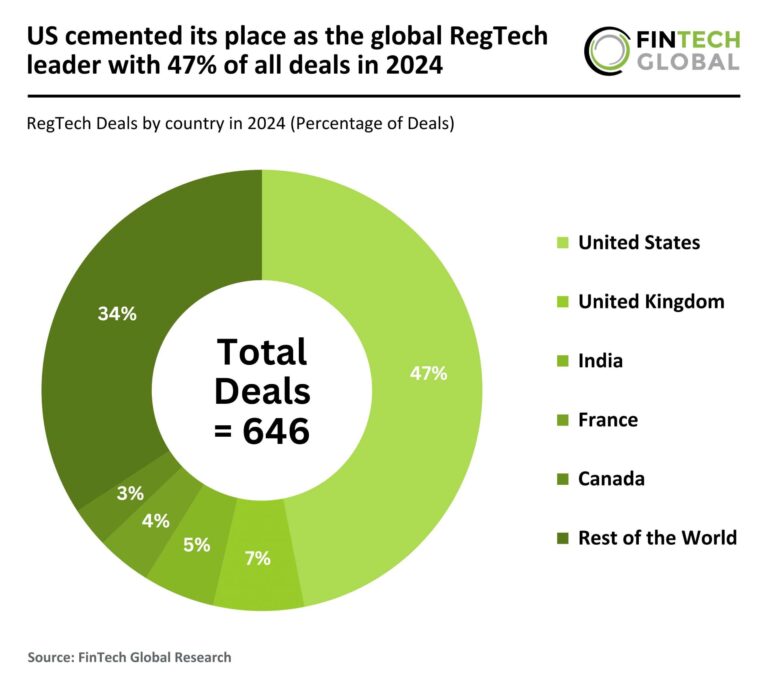Unlocking Wealth Management Success: The Power of Data Ownership
In the realm of wealth management, data ownership has emerged as a vital concept, empowering investors to take control of their financial information. As the financial landscape evolves, it’s essential for both wealth managers and retail investors to understand the significance of owning and utilizing their data effectively.
Understanding the Value of Data in Wealth Management
According to Fredrik Davéus, CEO and co-founder of Kidbrooke, the true power of data lies not in its existence but in its application. He emphasizes that while investors acknowledge the value of data, the real challenge is in knowing how to use it effectively. Here are some key points to consider:
- Investors must invest resources to leverage data for better decision-making.
- Understanding data usage leads to recognizing its value.
- Ownership of data is crucial for quality, completeness, and timeliness.
Davéus states, “The best technologies are those that enable secure and meaningful data usage.” When data ownership is prioritized, wealth managers can improve their decision-making processes and enhance flexibility in their operations.
The Shift Towards Data Ownership in Wealth Management Firms
Wealth management firms are increasingly adopting digital technologies to streamline operations, including CRM systems, reporting tools, and onboarding processes. However, reliance on multiple vendors often results in fragmented data across different systems. This can lead to:
- Data duplication and inconsistencies.
- Limited control over data management.
- Challenges in maintaining data quality.
To address these challenges, firms are implementing a firm-owned data layer to unify their technology stack. Katy Gibson, Managing Director of ByAllAccounts at Morningstar Wealth, highlights several benefits of this approach:
- Portability: Data moves with the firm, not the vendor.
- Flexibility: Data can be implemented across various tools without vendor dependency.
- Scalability: Firms can grow on their own terms.
Navigating Data Ownership Challenges
Gibson acknowledges that achieving complete data ownership can be daunting, but it begins with manageable steps:
- Consolidate data into a centralized data lake.
- Shift key data pipelines toward ownership.
- Gradually expand data management capabilities.
By controlling the data pipeline—from collection to usage—firms can ensure data consistency and enhance their analytical capabilities. This transition is not merely technical; it’s a strategic shift that fosters deeper insights into client behaviors and investment risks.
Empowering Retail Investors through Data Ownership
Data ownership is equally important for retail investors. Jurgen Vandenbroucke, Managing Director at everyoneINVESTED, advocates for the creation of a universal investor profile ID card. This initiative aims to streamline suitability assessments and enhance the investment experience for clients. Key benefits include:
- Reduced inefficiencies in suitability assessments.
- Increased engagement through user-friendly data collection.
- Improved data quality through a quantitative approach.
Vandenbroucke notes, “In the future, the investor profile should ideally belong to the investor and be transferable across financial institutions.” This vision aligns with current regulatory trends promoting data ownership and sharing.
The Future of Data Ownership in Wealth Management
The movement towards data ownership is gaining traction globally, with trends like open banking paving the way for greater transparency and control. As investors become more aware of their data rights, the financial industry must adapt to meet these evolving expectations.
In conclusion, embracing data ownership can empower both wealth managers and retail investors. By prioritizing data quality and accessibility, firms can enhance their decision-making capabilities, while investors can enjoy a more personalized and efficient investment experience. For more on data ownership and its implications in finance, check out related resources on Investopedia and Forbes.







